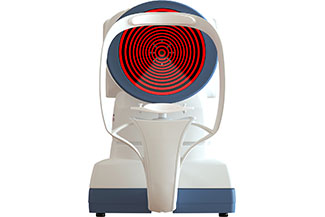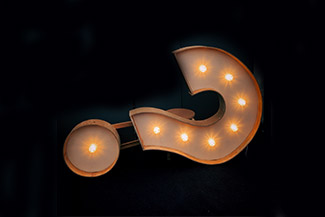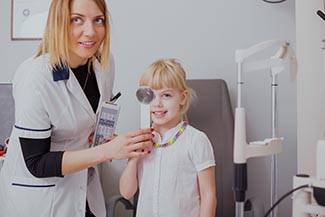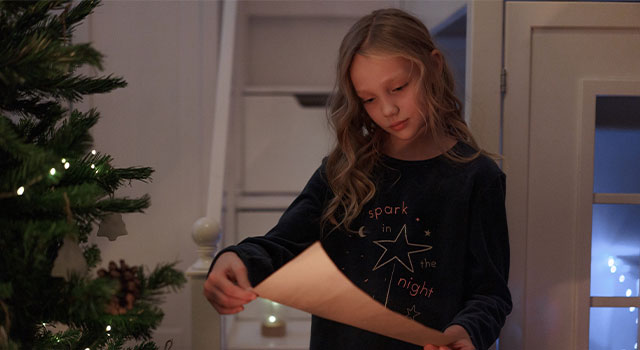Why is Managing Your Child's Nearsightedness Important?

Although eyeglasses and standard contact lenses can correct a person’s vision, they do not treat the underlying cause of myopia or slow its progression.
Myopia significantly increases the risk of developing sight-threatening eye diseases later in life, such as cataracts, glaucoma, retinal detachment and macular degeneration. The higher your child’s myopia, the greater the risk.
If you’re concerned about your child’s long-term eye health and vision, contact our optometrists at Shelburne Primary EyeCare in Shelburne today. We can help.
What is Myopia Management?
Myopia management is an area of eye care that uses custom treatments to prevent or slow your child's myopia progression. Depending upon your child's specific needs, Dr. Colette Whiting and Dr. Sandra Gillis-Kennedy will be able to prescribe management options that can help your child maintain clearer vision for longer.
We specialize in myopia treatment to slow progression of nearsightedness using the following methods:
Symptoms of Myopia
- Your child has difficulty seeing things clearly at a distance
- Difficulties seeing the board in class
- Your child squints to see far away
- They complain of headaches and eyestrain
- Difficulties with sports that involve small balls, such as baseball or tennis


Myopia and Eye Diseases
As your child’s myopia progresses and worsens, their risk of developing vision-threatening eye diseases later is significantly increased.
The chances of developing permanent vision loss from glaucoma, macular degeneration or retinal disease increases by 10x – even if your myopia isn’t that severe!
Treatment with Myopia Management
The good news? Myopia management and regular eye exams with our eye doctors can help your child regain clear vision, and slow down or even stop their eyes from worsening.
Myopia management will also decrease their risk of developing an ocular disease.

How Do I Know If My Child Needs Myopia Management?
If you are concerned about your child’s myopia, call our Shelburne practice today. Our team of eye doctors will help you understand more about your child's nearsightedness and will determine whether your child is a candidate for myopia management.
Take our myopia assessment online to find out whether your child could benefit from this life-changing treatment.

Myopia Management Reviews

Just wanted to say a HUGE thank you to Dr Sandra Gillis-Kennedy and her staff today! Oliver has wanted contact lenses for some time and today Erica sat with Oliver for nearly two hours so patiently, encouraging him every step of the way as he stayed so determined. Staff came in to offer help and encouragement and the whole office cheered when he finally did it. A great clinic and all the staff are extremely kid friendly! Tonight Oliver said he had a great day and was beaming all day! It takes a village and today my village was Shelburne Primary Eye Care. Thank you ❤️
Our Myopia Management Team
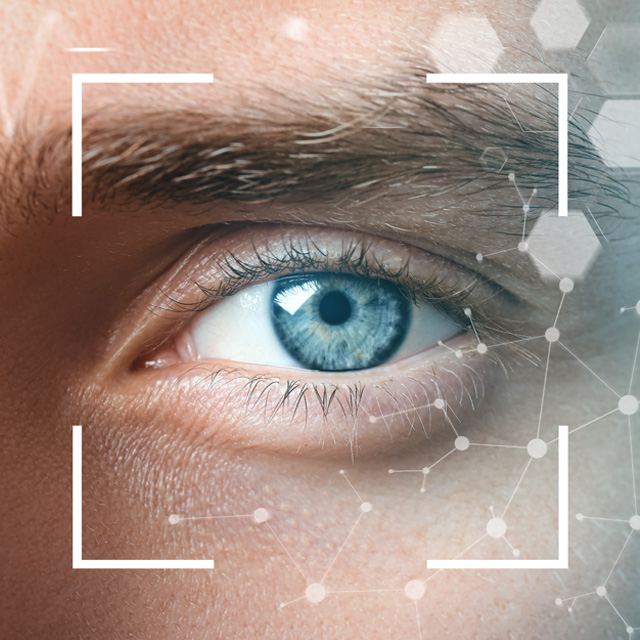
Myopia increases the risk of serious eye diseases
Myopia can significantly increase your risk of developing potentially sight-threatening eye conditions in the future. But how much does your risk grow, exactly?
Research shows that the worse your myopia is, the higher your risk. For example, your risk of developing myopic maculopathy, an especially severe form of macular degeneration, is 2.2x higher if your prescription is -2.00, and jumps to 9.7x higher at -4.00, 40.6x higher at -6.00, and is a whopping 126.8x higher at a prescription of -8.00.
This is why it’s so essential to stop myopia progression in its tracks with myopia management.
What Factors Increase Risk of Myopia?
Our eye care professionals have pinpointed a number of factors that may lead to an increased risk of nearsightedness:

Having parents who are also nearsighted increases risk.
Developing myopia before 12 years old significantly increases risk of severe myopia.


Spending too much time on digital screens and reading books can strain the eyes, increasing risk of nearsightedness.

